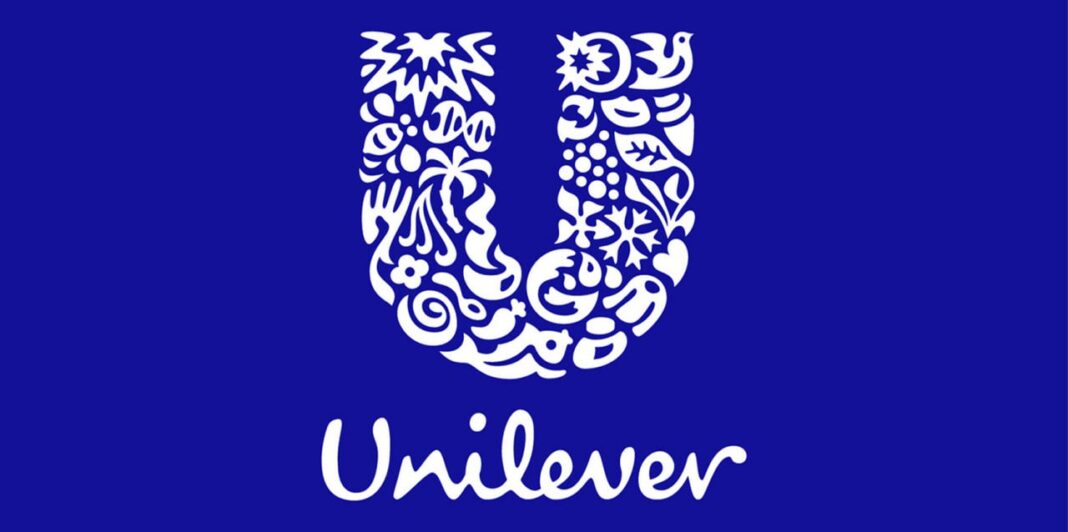British-Dutch multinational Unilever, a leading player in the consumer goods sector, has announced plans to reduce its workforce starting next month as part of a strategy to maximize profits. The company, which operates in over 190 countries including Ethiopia, currently employs more than 128,000 people globally.
The decision to downsize comes in response to declining profits and an oversaturated employee base. Unilever has been a prominent provider of food, home, and personal care products in Ethiopia since 2015. Sources indicate that the company had signaled its intention to cut staff six months ago, with the reductions set to take effect in December 2024.
This workforce reduction is not limited to Ethiopia; it is part of a broader initiative that will impact employees worldwide. In Ethiopia, the company plans to streamline operations by reducing the number of employees in each administrative unit to one or two.
While Unilever aims to offer discounts on its products both locally and internationally, it is expected that the cuts will have a more significant impact on lower-paid workers. Employees are reportedly exploring alternative options amid the impending changes.
Unilever has been in operation for over 120 years and produces more than 400 well-known brands, including Signal, Lifebuoy, OMO, Sunlight, Knorr, Geisha, and Lux. In Ethiopia, the company markets more than 20 products.
Recently, Unilever sold its Russian operations to a local manufacturing group following pressure from campaigners who argued that the company’s presence in Russia supported the ongoing conflict in Ukraine.
In its latest financial report for the third quarter of 2024, Unilever recorded sales of approximately 15.2 billion euros, a decline from about 16 billion euros in the previous quarter. As it navigates these challenges, Unilever’s workforce reduction reflects ongoing efforts to enhance profitability and adapt to changing market conditions.






